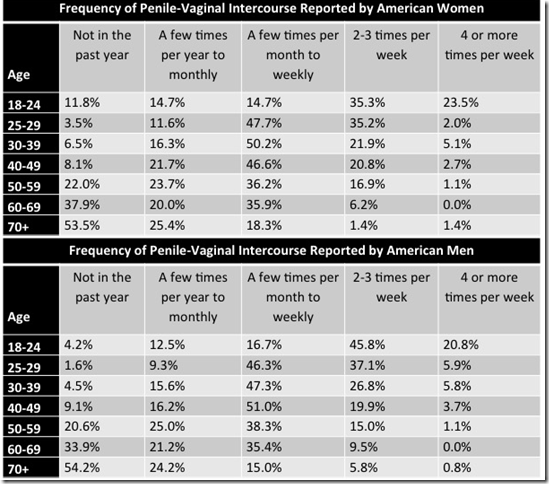The O Face Podcast just released Episode 13: Coming Out. I left a comment there but I thought it was appropriate for a blog post as well:
I’ve been in the lifestyle for over 37 years now but for some reason I have always been a little bit reserved about coming out to friends and family even though the experiences have all been fine. My last parent recently died and I’m now at the point of I don’t care anymore. I’m not going to broadcast it on my vanilla blog or Facebook, but the extent of my openness is going to be determined by the comfort level of my girlfriend. And since she recently brought her brother to the club that is a pretty low threshold.
My two daughters “figured it out on their own” and confronted my ex-wife about our lifestyle choices. They just bluntly asked, “Are you and Dad swingers?” They just wanted to know. My ex told them yes and they said it was fine if we did that sort of thing but they would never do it.
Over the years I have come out to about a half dozen friends and co-workers with zero negative repercussions. But those were pretty carefully chosen people. I wouldn’t have come out to someone who I didn’t think was going to be receptive to the idea, so it is a biased sample.
The scariest time was when swinger friends of ours got divorced and there was a child custody battle. The woman getting divorced claimed she was forced into the lifestyle and my ex and I had to testify in court. Our kids were still at home at the time and we had concerns there might be child welfare visits to our home or something. It didn’t happen but those were some of the nightmares we had about that experience.

